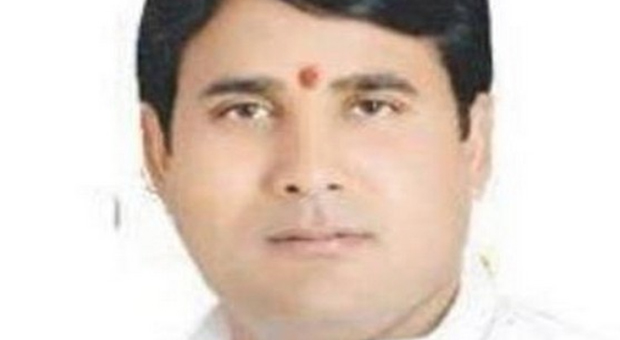Patna, Sept 23: Union Law Minister and senior BJP leader Ravi Shankar Prasad today asserted that the issue of instant triple Talaq was not an issue of politics but was related to honour, dignity and protection of Muslim women.
Addressing a group of Muslim women who assembled at his residence in the state capital to thank Narendra Modi government for bringing an ordinance banning the practice of instant triple Talaq, Mr Prasad said the issue of instant triple Talaq was not related to politics or votes in any way expressing his dismay over the ‘politics’ being played out on the issue.
He said, women politicians like Mayawati and Mamata Banerjee should come openly in protest against the practice of instant triple Talaq.
“Instant triple talaq is not an issue of religion or worship either but related to the women`s dignity,” Mr Prasad remarked.
After President Ram Nath Kovind signing the ordinance banning instant triple Talaq last Wednesday, Mr Prasad said that Muslim women becoming victims of instant triple Talaq could register FIRs at the police stations concerned against their husbands.






Comments
you will protect dignity of muslim women... tell your feku to give some life for his old wife, you cant even build rama temple with full majority what will you do.. dogs barks always but no courage..
why feku govt is only worried about the muslim women..... why there is no law on hindu women and why not giving one rule to the rape accused
Add new comment